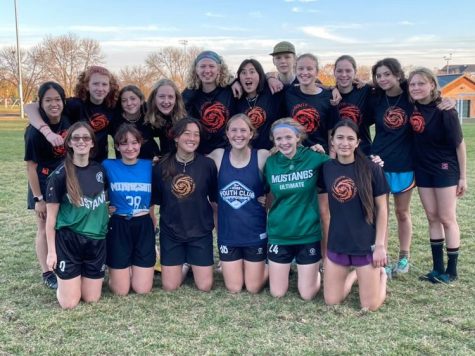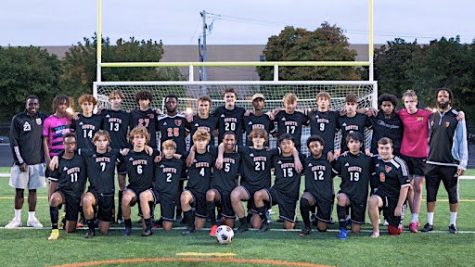Female Frisbee players address sexism in an Open Letter to Minnesota Ultimate
Pictured above Ultimate Frisbee captain, Emma Krasky, plays a tough game against Forest Lake. Krasky is one of several South Frisbee players who signed an open letter which outlined their complaints about sexism in sports, and offered solutions. Photo: Tannen Holt
Sexism in sports is a huge issue that has become a topic of debate in recent years. The large pay disparities between male and female athletes that exist in most professional sports have been drawing more of the public’s attention in recent years. Many professional and amateur sports even have different rules for the female players. For example, women’s tennis is played in rounds of three instead of the typical five that men play. It seems that people often have lower expectations than women athletes than men. A group of AP Language students has been examining this issue for a student-led class presentation. To find inequality in sports it seems they may not have to look much further than South itself.
In the beginning of April several female Ultimate frisbee players in Minnesota released an open letter to Minnesota Ultimate. This letter was preceded by the nationwide movement Food, Frisbee and Feminism, where female players were encouraged to talk about sexism over a meal. Emma Piorier, the main author of the letter wrote, “I was inspired by the national Food, Frisbee, and Feminism campaign, which led my high school team to host a potluck discussion with other high school players about equity within our programs. Hearing the experiences of my peers that so closely echoed my own frustrations made me start thinking about the wider female ultimate community and how these issues might be reflected in programs across the state.” Piorier gathered a group of women Ultimate players who wrote a letter addressing the issues they had encountered while playing for Minnesota Ultimate frisbee. The complaints addressed in the letter include: inequity within the YCC (Youth Club Championships) programs such as inequitable coaching between the women’s and mixed (all gendered) teams, the negative experiences many women have with the Youth Summer league and the attitude towards women high school players.
The letter also provides suggestions for improving the YCC program. They recommend creating a women’s branch of the summer league, and training coaches on how to disrupt sexism during practices. The letter also suggested requiring mixed play to be 3:4 male to female players to prioritize women (as of now it is usually a 3:4 female to male ratio because there are more male players). The high cost of participating in YCC programs was also addressed in the letter as it makes it more difficult for some players to participate.
Several South Ultimate players signed the letter including Senior Tova Breen, Junior Renee Smith, Senior Emma Krasky and Junior Sylvie Mercil. Many of these students have felt the pressure of being a woman on a mixed-gender team. “Especially when I was younger, as a freshman and a sophomore, I felt very uncomfortable playing with the men – just the atmosphere of playing mixed. I was never thrown to… I always had to prove myself as an athlete,” Krasky said. Many players shared the sentiment, “I personally, constantly feel like I have to prove myself, and the guys don’t have to do that,” said Mercil. Smith described the differences between women’s and mixed teams, “When I started in frisbee it was so positive, but I was playing with an all girls team and then when I started playing mixed with the guys, there was such a harsh difference.”
These concerns did not go unnoticed. Minnesota Ultimate replied to the concerns discussed in the letter. They thanked the players for reaching out and outlined their plans for reducing inequality in Ultimate. The players who signed the letter had different opinions on the response. Mercil explained, “It was overwhelmingly positive. Right after the letter was released we had a game the next day. The entire boys varsity came out to watch our game. The following week we got a grant to start a non-profit organization that supports women in Ultimate.” Although not all players felt this way, “I think it was good that they replied so quickly and that they valued it [the letter] but I’m not really sure how I feel about all of their responses… I think we should still be involved in the conversation,” Krasky said. “I respect MN Ultimate’s prompt and respectful response… that being said, I don’t think their formal response addressed the concerning sexism that is very much present in the ultimate community. They mentioned a lot of their past efforts- and while it’s great that they have worked towards gender equity in the past. I wrote the letter because obviously there isn’t enough being done,” Piorier wrote.
Mateo Pignatello is a South Ultimate player and one of the students who examined the topic of sexism in sports for his AP Language project. “I think sports are a very large part of a lot of people’s lives… It just sets people up to fail if at a young age they face sexism,” Pignatello said. Their project focused on the wage disparity between women’s and men’s basketball, tennis, and soccer. “I’ve just learned more about how widespread it [the wage gap] is and how much it affects people,” he said. Pignatello added that reading the Women’s Minnesota Ultimate letter is why he decided to learn about sexism in sports for his project. “It opened my eyes a lot… It hit home for me… It showed me that I’m not part of the solution. They talk about stuff in there that I have definitely done,” Pignatello said.
The Open Letter continued the discussion of sexism in sports and began a search for solutions but there is still a long ways to go. Minnesota Ultimate needs to ensure that they are creating space for players of all genders. Mercil explained, “I have a sister who also plays [Ultimate] and I don’t want her to have the same experiences I did.” We need to address these inequities and there is no better time than now.

Madeline Mahoney has been contributing to the Southerner for three years now. She started as a Staff Writer and has made her way to becoming this year's...
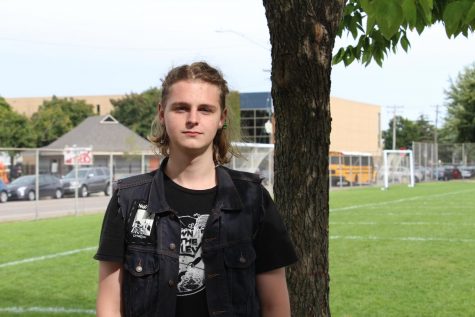
Tannen Holt is a senior and is back for his third year on the Southerner. He is excited to be on staff again after taking a year off from the newspaper....

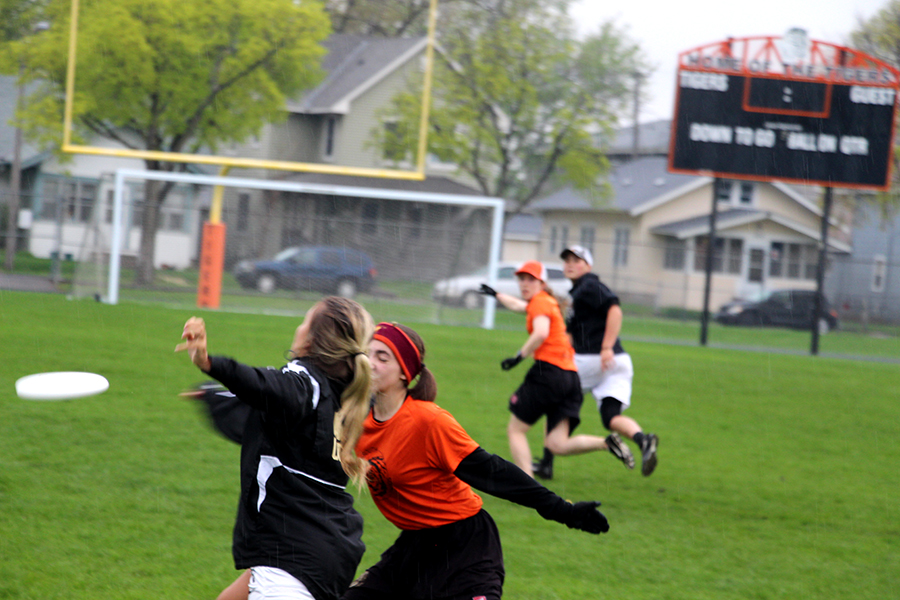
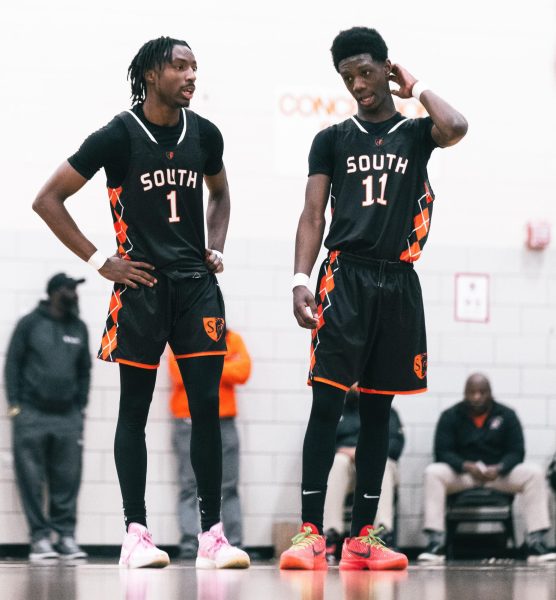

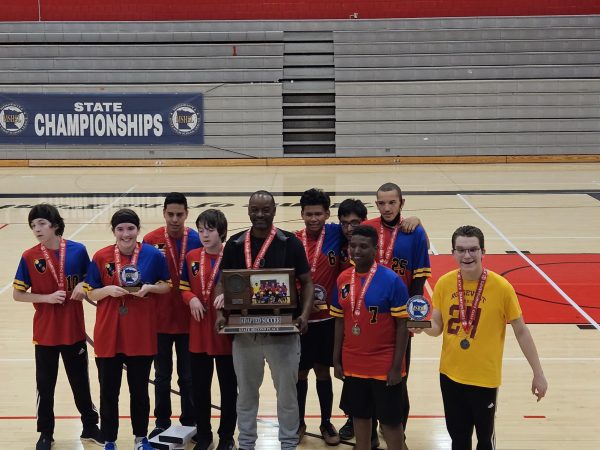
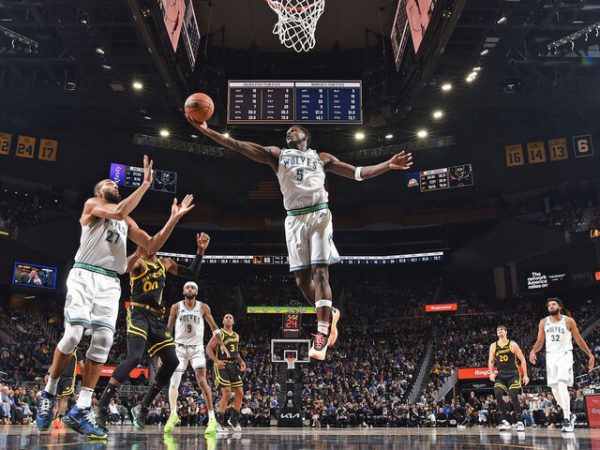
![Senior Ingrid Noren heads to school in February. She recommends winter biking, saying that “it’s better for your health [and] better for the planet.”](https://www.shsoutherner.net/wp-content/uploads/2023/03/Winter-biking-475x356.jpg)

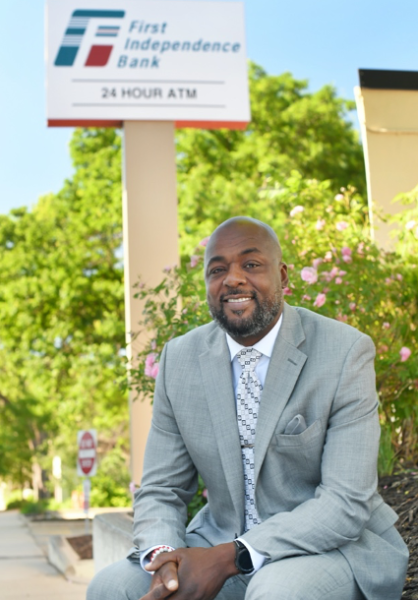
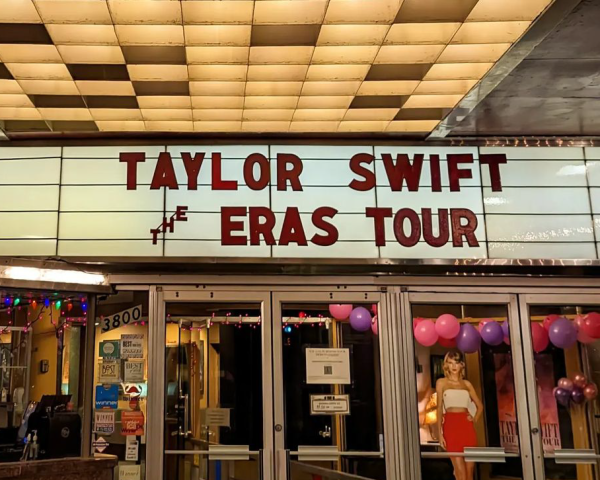
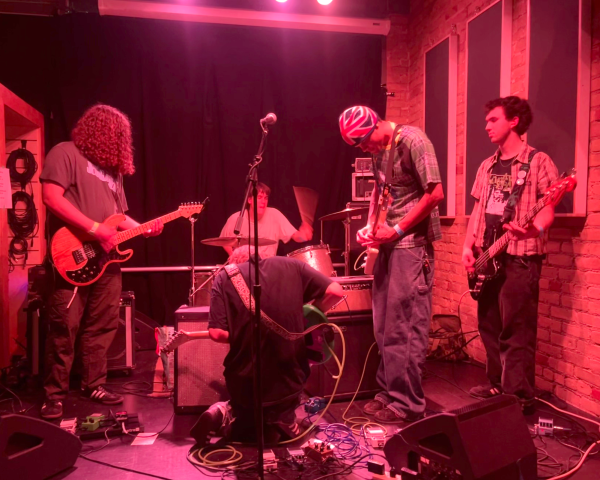

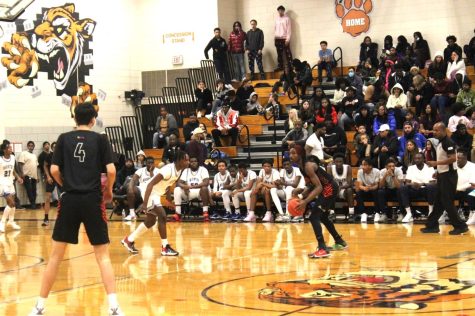
![Dance is affected by sexism, capitalism and semantics but that doesn’t change the fact that dance is an art; an influential art that is unlike anything else. “The amount of time, effort and commitment you have to put in to be a good dancer [is overlooked]...Everyone has to work really, really hard to get where they are.”](https://www.shsoutherner.net/wp-content/uploads/2022/11/dancevisual1-475x441.jpg)
